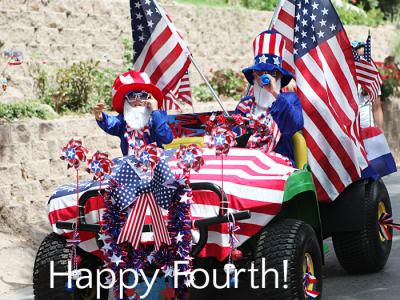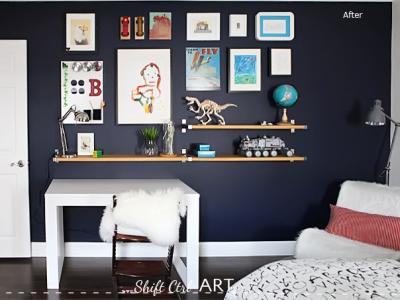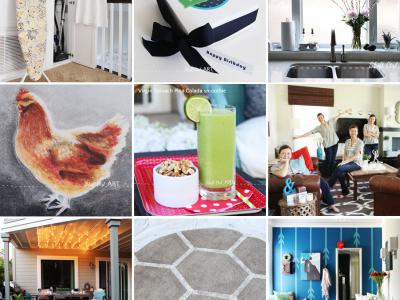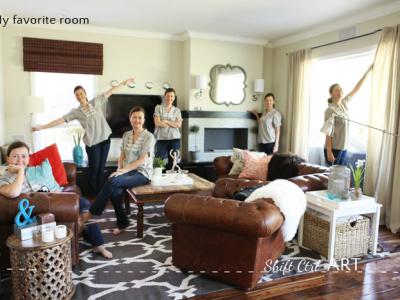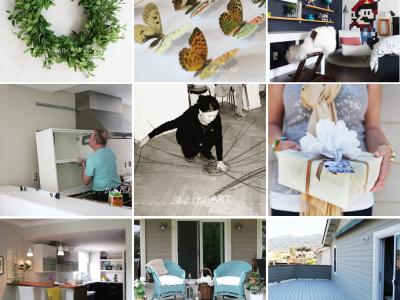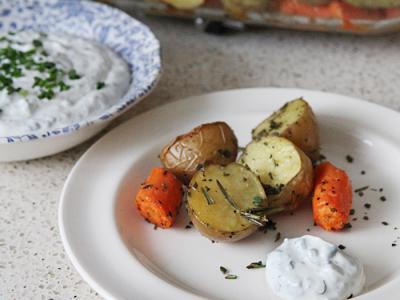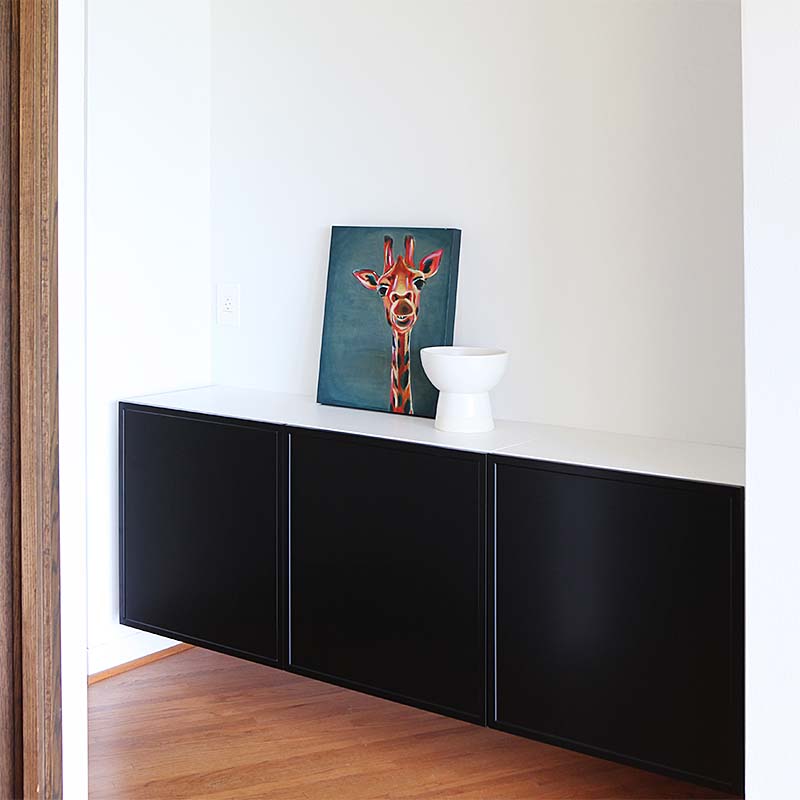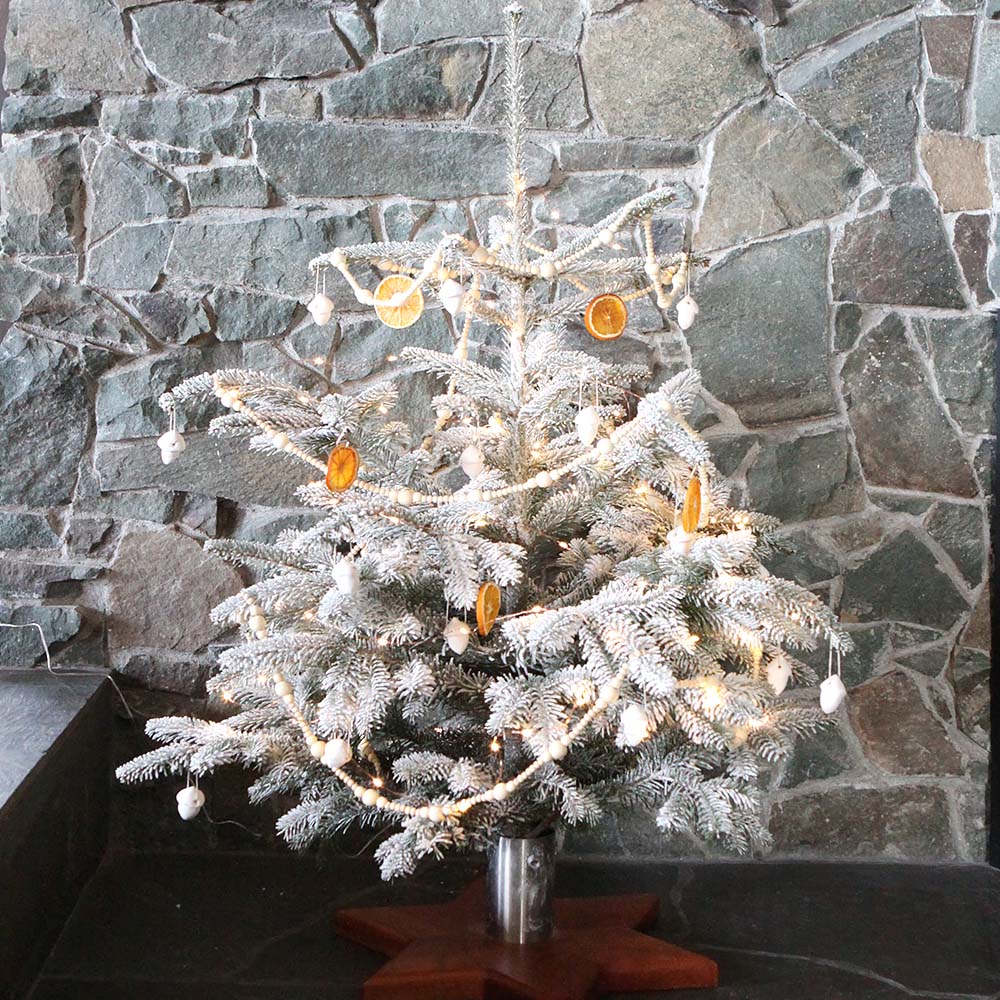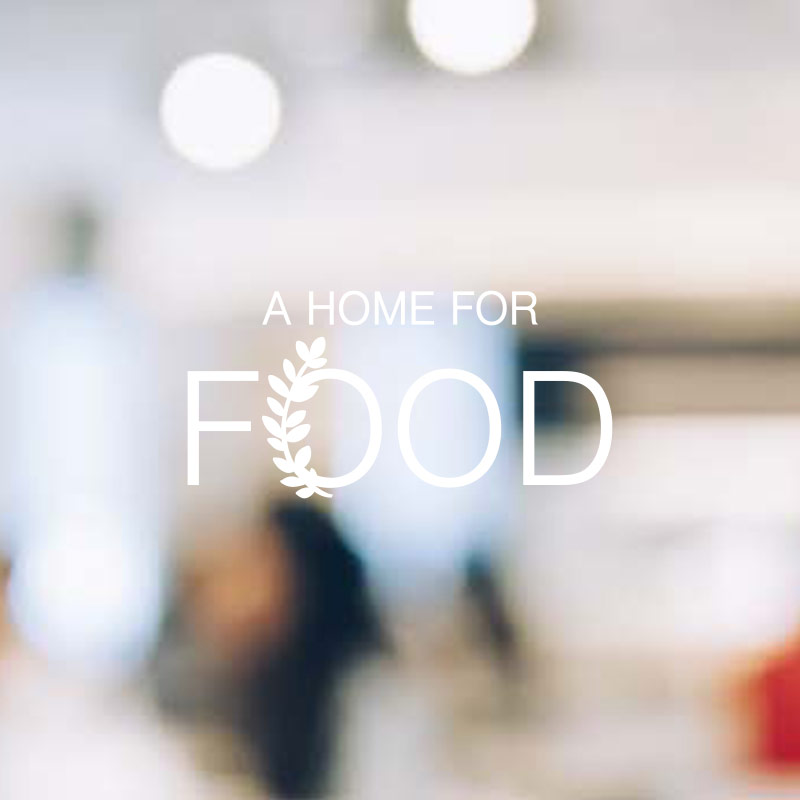How to: photograph fireworks - using bulb mode
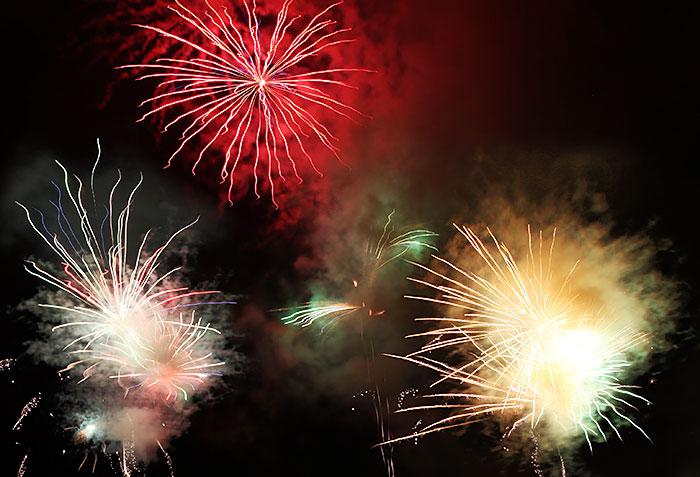
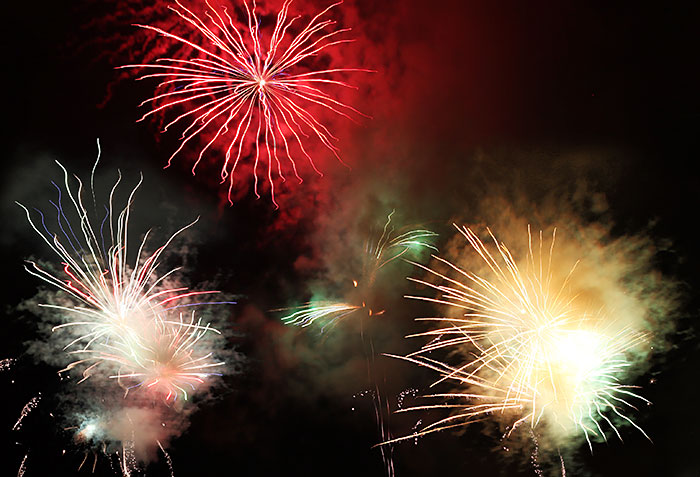
Every year on the fourth of July, we go to our local lake in the evening. It's filled with people waiting for the fireworks to start.
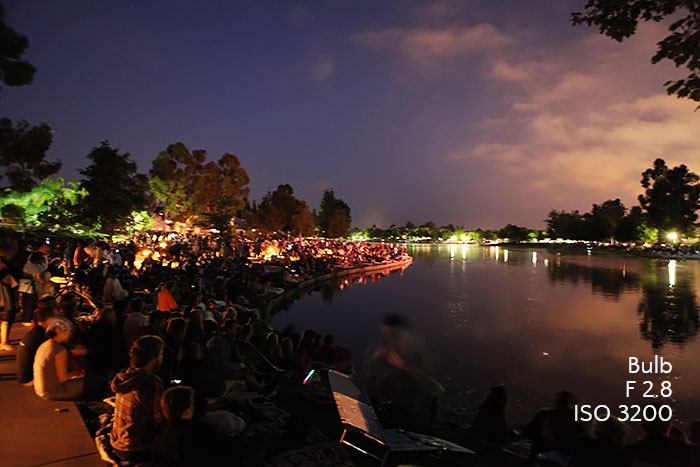
One year I set out to get a couple of fireworks shots. You know, just a few, 200+ shots... just enough to get by
I used the bulb setting on my camera.
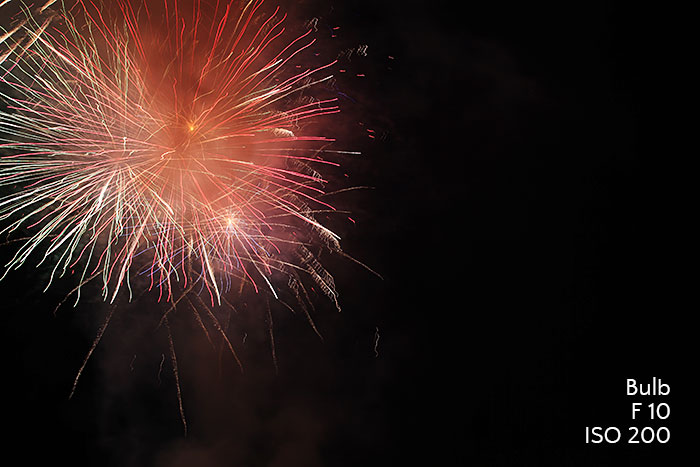
The bulb setting lets your finger decide the shutter speed. When you click down to take the picture the shutter opens, and when you let go, the shutter closes. This is an excellent way to capture things like fireworks or shooting a picture of a freeway in the dark to capture the head and tail lights as long trailing lines.
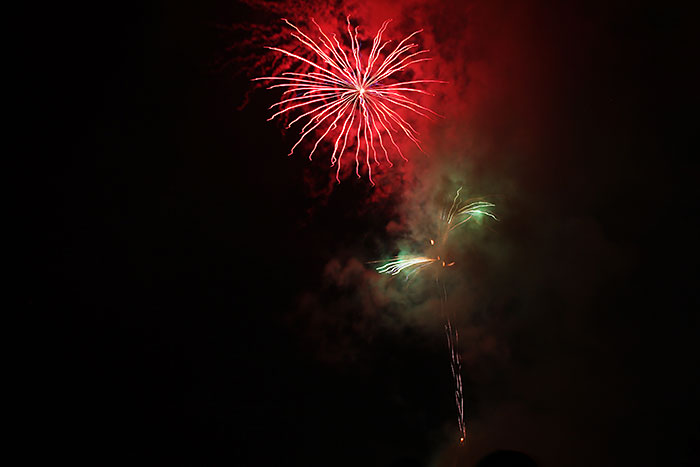
For these images I used a mono-pod to stabilize the camera. With these long shutter times you are bound to get camera shake if the camera is not stable. You could also find a park table or a wall, but that is of course a little less flexible.
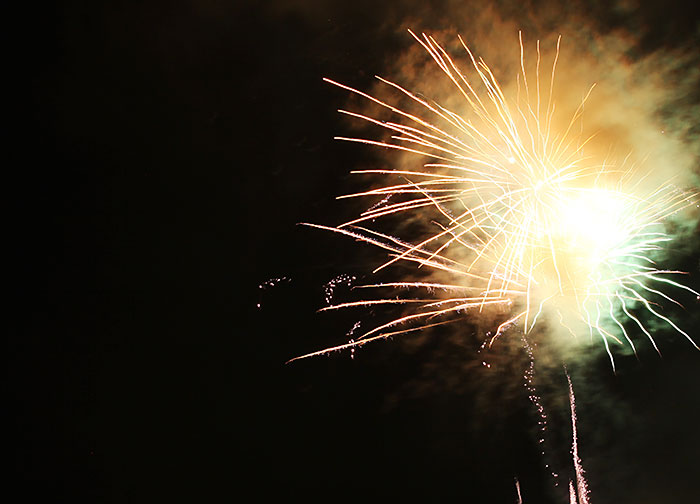
I set my ISO fairly high - 3200 - earlier in the evening to capture more of the surroundings such as the very first image in this post. The higher the ISO, the more light sensitive the capture will be, but the trade-off is more grain to the image. The longer shutter speeds help reduce grain some though.
Then, when it got darker, I lowered it to ISO 200 to get black sky and I increased the aperture to 10 to have a large depth of field (DOF). Depth of field is the area that will be in focus in front of and behind the object you are focusing on. The larger the depth of field, the more chance you have of your fireworks being in focus.
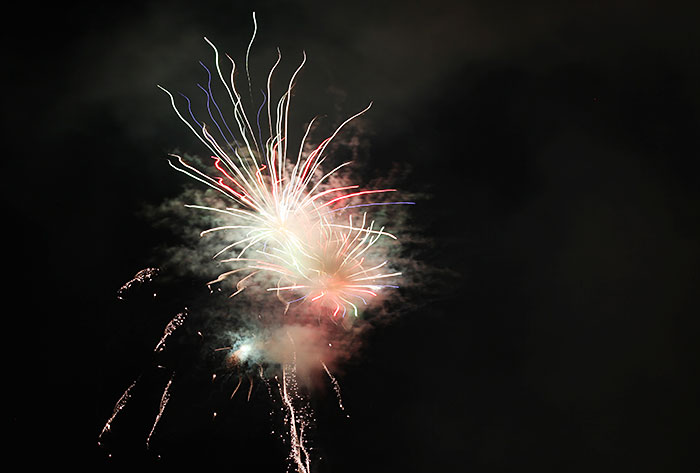
To set your camera to the bulb setting, you may have to look at your camera's manual. For my Canon 20D the bulb setting was at the end of the shutter speeds, one click after the longest shutter speed of 30 sec, so keep turning on the wheel until you get to bulb mode. It will say "bulb".
On my Canon Mark II, the bulb mode is a separate letter on the mode dial where you select, P, AV, TV, M etc. The bulb mode is the "B" setting and you will see the word "bulb" on the top display and also in the view finder.
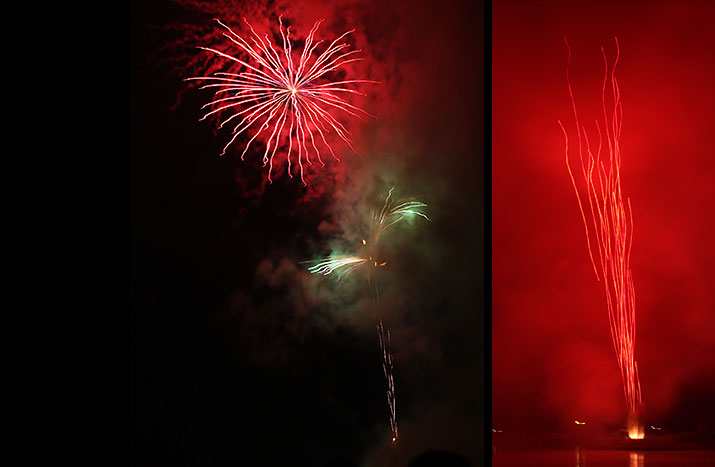
The next step was a bit of trial and error for me, but I found that if I clicked the button when I anticipated the firework going off and let go when it was just after its height of exploding. But you can try out different strategies too. The longer you hold down the shutter, the longer the tails of the sparks are going to be.
So in short, a good starting point would be
Use a mono-pod a tripod or some other means of stabilizing your camera.
Camera settings:
ISO 200,
Aperture F10,
bulb shutter speed/mode
Remember to check your display every once in a while and adjust your settings to try out different ones over the course of the display of fireworks to maximize your chances of a couple of winning shots! There is a little bit of luck involved in getting a really good one.
Here I added three images together to get the full effect.

Happy capturing!

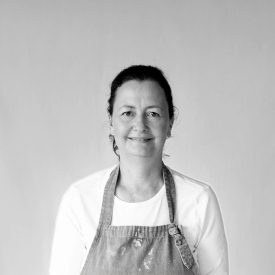
About Katja Kromann
I am a Danish American decorating life in Seattle. I love all things design and DIY.
I can’t think of anything more fun than coming up with project, making it, photographing it and sharing it with you on my websites.
Since 2018 I have been making Ceramics, nearly full time.
AHomeForCeramics.com AHomeForDesign.com AHomeForCrafts.com AHomeForFood.com My Portfolio
